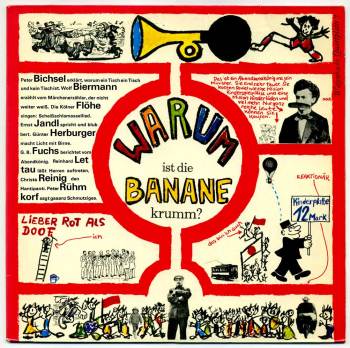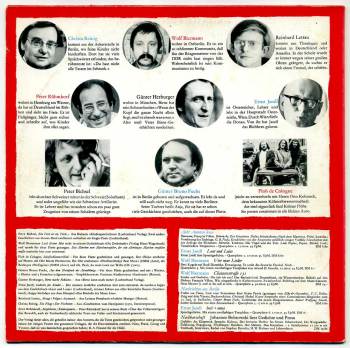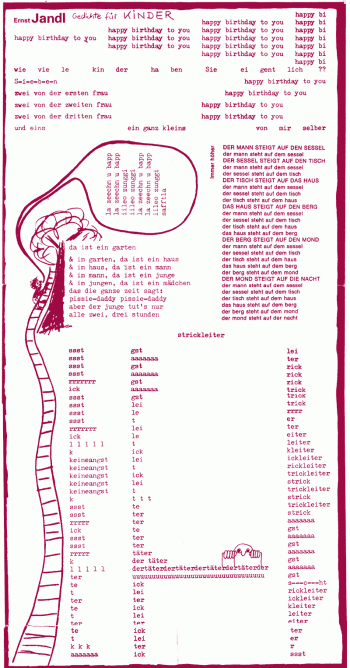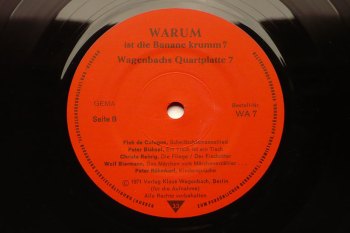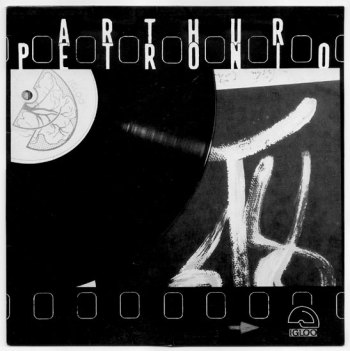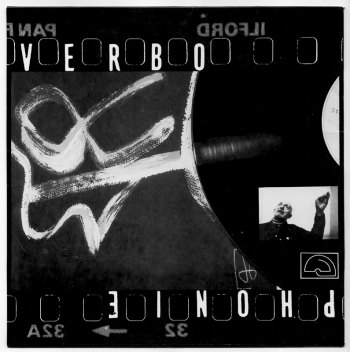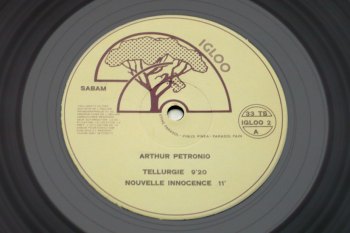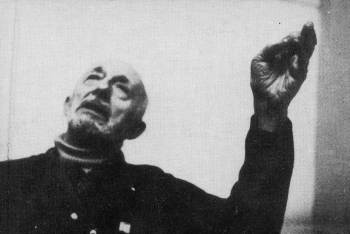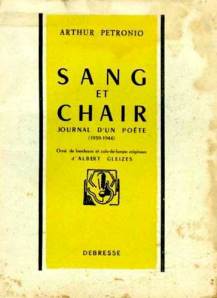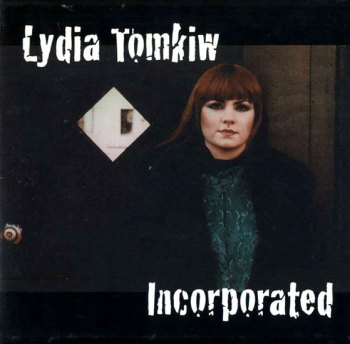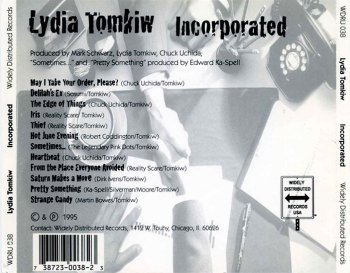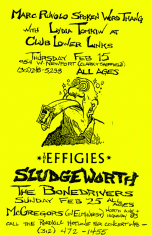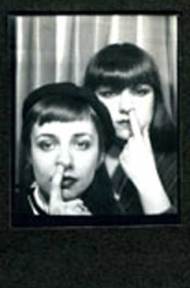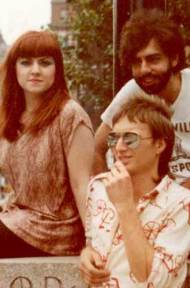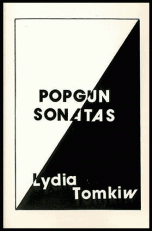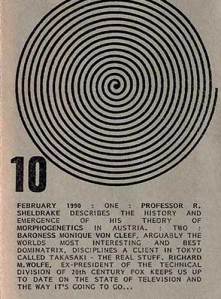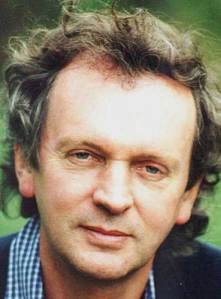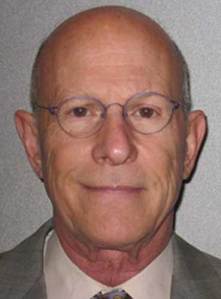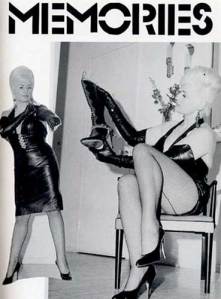Klaus Wagenbach founded Verlag Klaus Wagenbach in 1964 in West Berlin, the publisher of prominent German-speaking contemporary writers like Gunter Grass, Ingeborg Bachmann, Erich Fried or Ernst Jandl. In 1968, Wagenbach implemented his own version of Collectivism among staff members, with equal wages, collective decision-making (including voting for books under consideration for publication) and a decidedly Marxist ethos. Wagenbach went as far as publishing several Rote Arme Fraktion‘s manifestos in 1971, for which he was sentenced to a fine and prison on probation (info from German Wiki). Wagenbach launched the Quartplatten LP series in 1967 to release the sound poetry of Ernst Jandl (‘Laut und Luise’), Wolf Biermann‘s anarchist songs (‘Drei Kugeln auf Rudi Dutschke’) and documents the GRIPS‘ children’s theater-cum-political activism stage productions.
♫ The 1971 sound poetry compilation Warum ist die Banane krumm ?, or Why is a banana bent?, alternates children reading short poems (written or collected by Peter Rühmkorf) with writers performing their own texts. The latter include poetry, short prose pieces, non-sensical tales and free rock. The playfulness of Jandl’s Gedichte für Kinder, or Poems for children, is plainly approachable even to non-German speakers, as are Peter Rühmkorf’s nursery rhymes. Floh de Cologne contribute a fine collection of imaginative, miniature protest songs, complete with Marxist sloganeering typical from the band (see video below). Generally speaking, contributors come from various parts of the Federal Republic and East Berlin, plus Swiss Peter Bichsel and Austrian Ernst Jandl. Some, but not all, belong to the Wagenbach Verlag roster of writers, like Wolf Biermann, Ernst Jandl, Peter Rühmkorf or Günter Bruno Fuchs.
01 Kindermund (:10)
02 Günter Bruno Fuchs Aus dem Notizbuch des Abendkönigs (7:36)
03 Kindermund (:08)
04 Wolf Biermann Erster Mai (:58)
05 Kindermund (:13)
06 Günter Herburger Birne macht Reklame (5:09)
07 Kindermund (:19)
08 Ernst Jandl Gedichte für Kinder (4:38)
09 Kindermund (:21)
10 Reinhard Lettau Auftritte verschiedener Herren (3:18)
11 Kindermund (:11)
12 Peter Rühmkorf Altes und Neues (1:14)
13 Kindermund (:05)
14 Floh De Cologne Scheißschlamassellied (4:31)
15 Kindermund (:10)
16 Peter Bichsel Ein Tisch ist ein Tisch (7:46)
17 Kindermund (:09)
18 Christa Reinig Die Fliege/Der Fischotter (2:04)
19 Kindermund (:23)
20 Wolf Biermann Das Märchen vom Märchenerzähler (4:55)
21 Kindermund (:14)
22 Peter Rühmkorf Abzählverse (4:14)
Total time 48:40
LP released by Verlag Klaus Wagenbach, ref. Quartplatte 7, Berlin, 1971
. . . . . . . . .
* *
*
